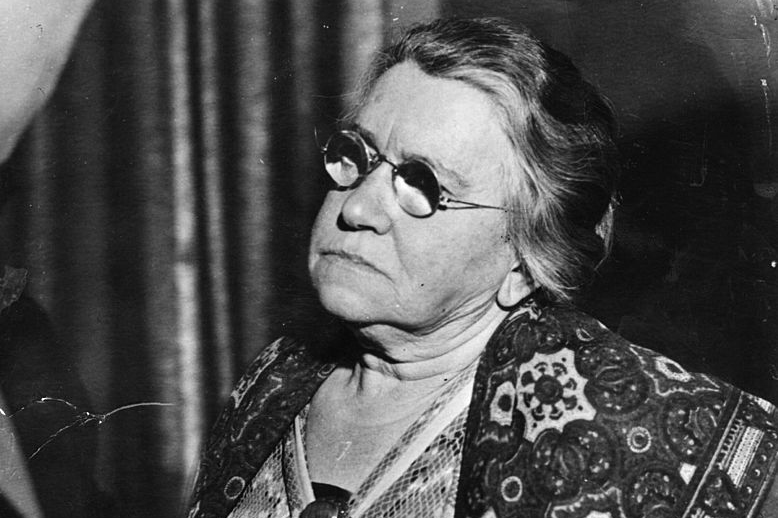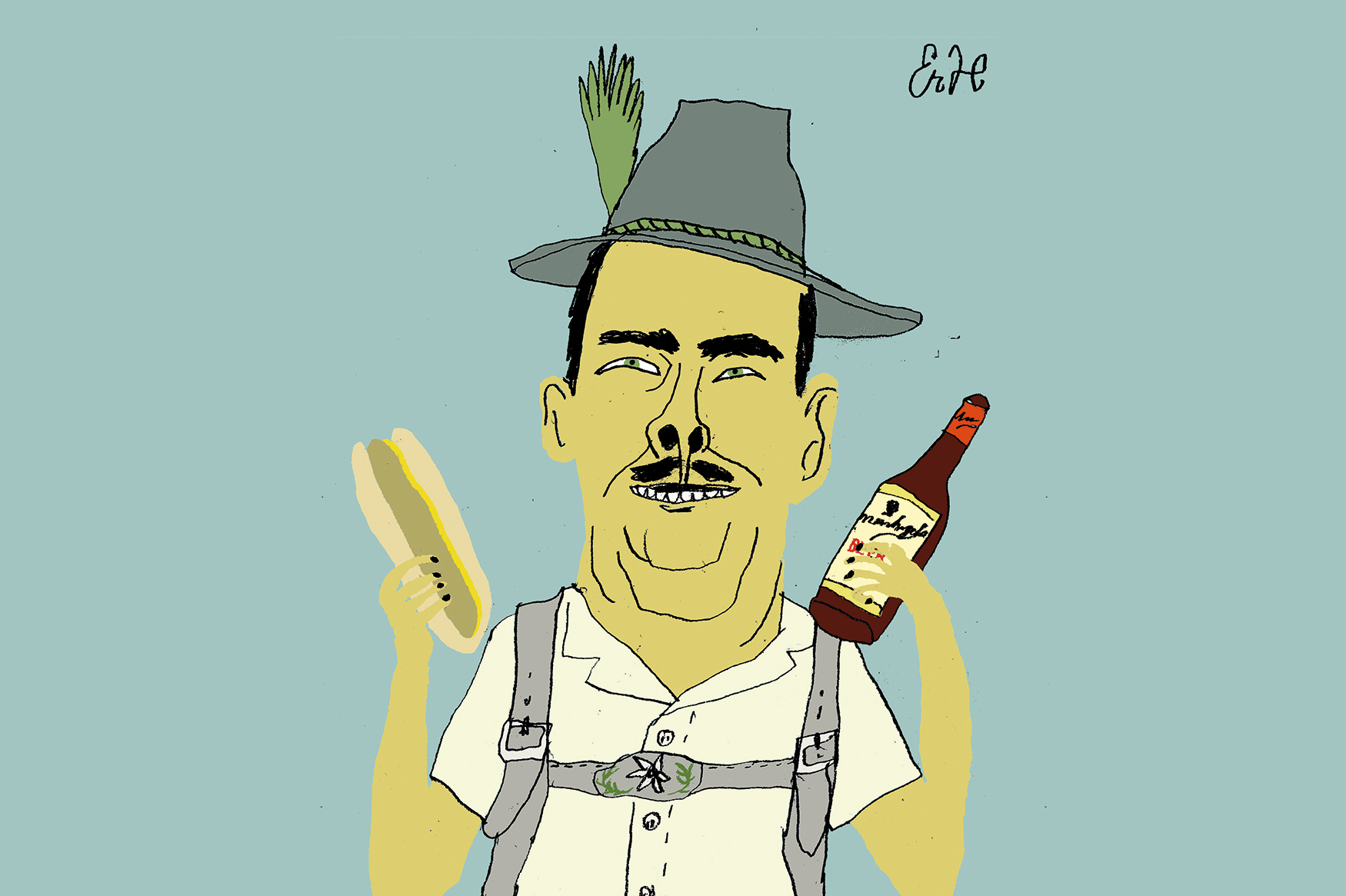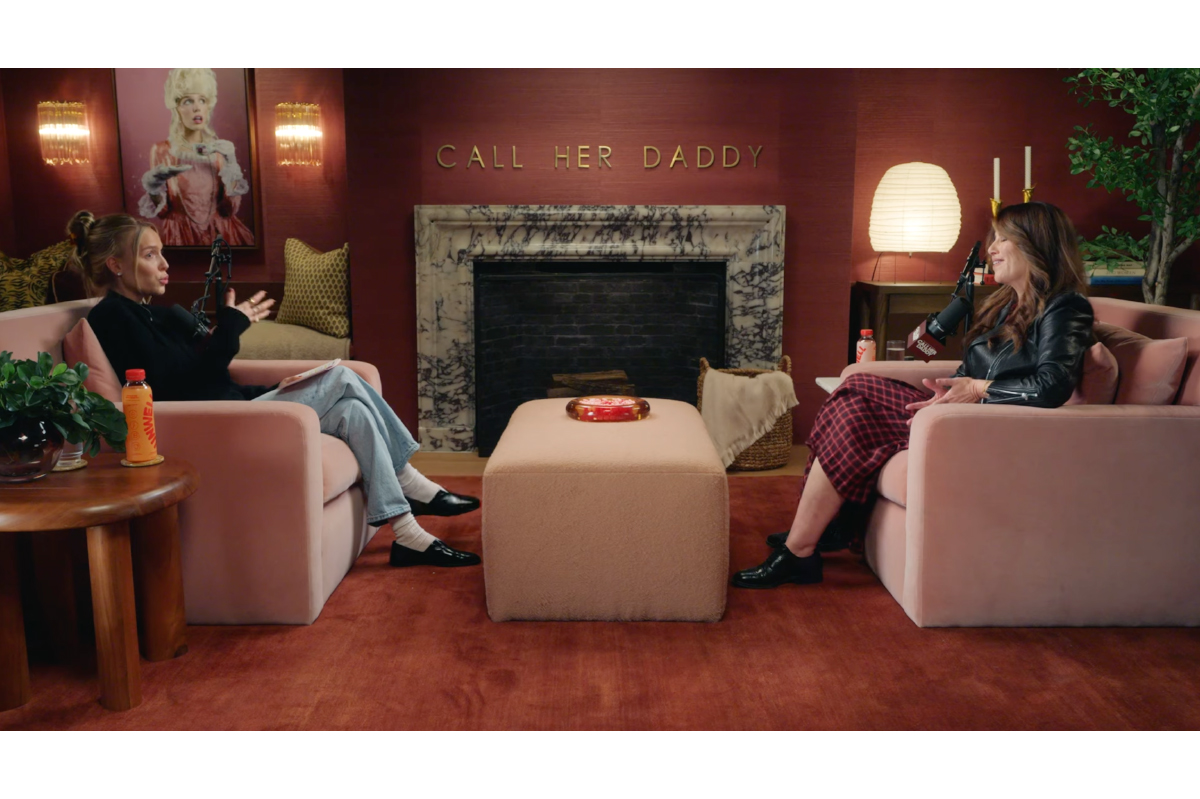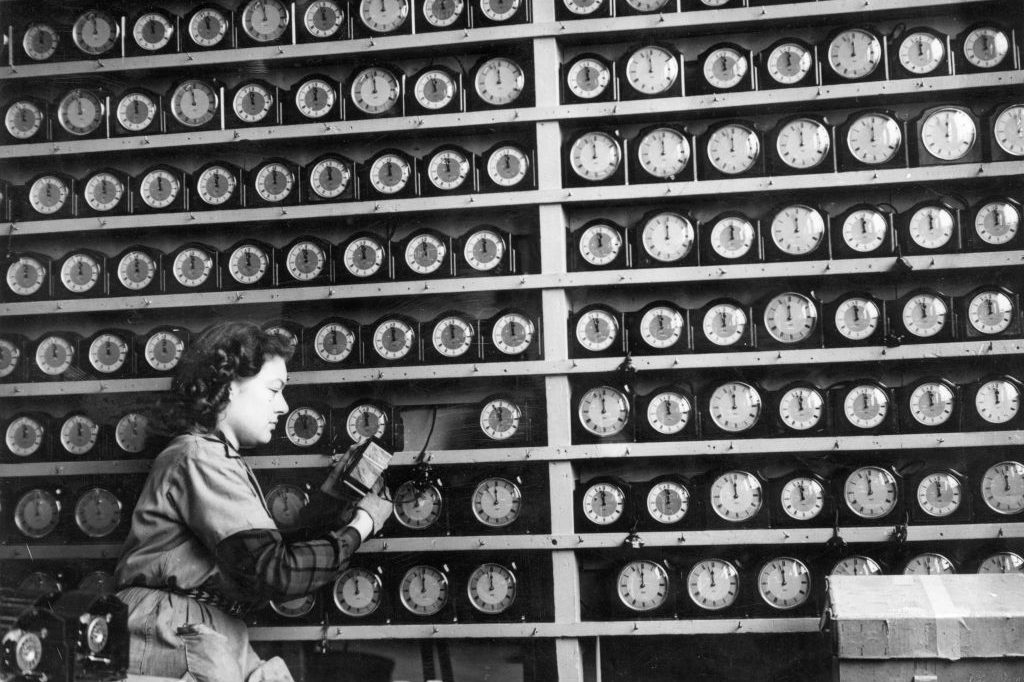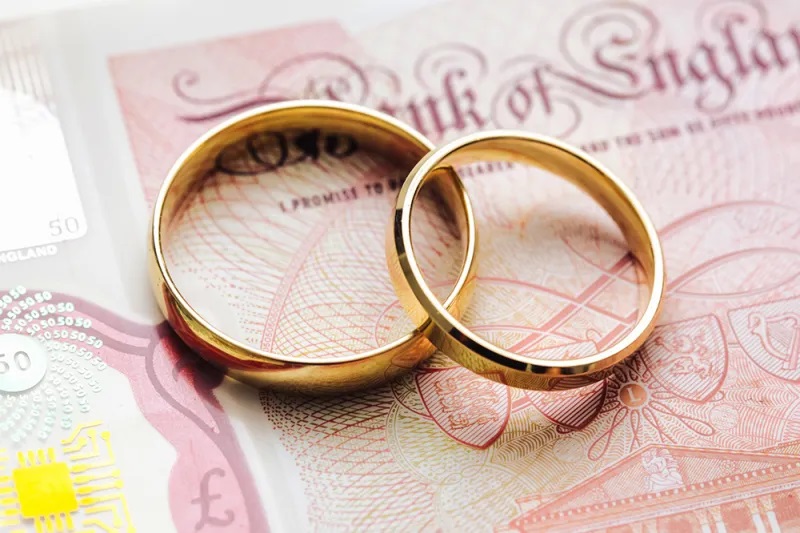Batavia, New York
To think I almost let 2020 slip by without recognizing the centenary of the ratification of the 19th Amendment to the Constitution, which guaranteed women the right to vote in all (then) 48 states of the union. Shame on me!
This is a matter of Upstate New York regional pride — and confusion — on several counts. The 1848 ‘Declaration of Rights and Sentiments’, a rewrite of the Declaration of Independence along feminist lines, was drafted in Seneca Falls (the village generally thought to be the model for Bedford Falls in Frank Capra’s It’s a Wonderful Life). The suffragist avatar Susan B. Anthony spent her adulthood in Rochester. During my ill-starred detour in graduate school, I walked past her modest gravestone almost every morning.
Kevin Bacon, hell: I’m just two-and-a-half degrees from the face on the dollar coin that was the biggest flop in the history of American numismatics.
You see, my late friend Henry W. Clune, a Rochester novelist and newspaperman who died in 1995 at the age of 105 — he was drinking his daily martini almost till the end — was as rooted in his place as any American writer has ever been. His mother was on the first payroll George ‘Kodak’ Eastman ever met; his father once lived in the same boardinghouse as Susan B. Anthony.
And what was Clune père’s verdict on the great lady? ‘She was no barrel of laughs,’ he told Henry, who told me.
But then neither, I suspect, was Anthony’s antipode, Alice Hay Wadsworth, resident just down the road in tree-shaded Geneseo. Alice, daughter of Abraham Lincoln’s secretary (and William McKinley’s secretary of state) John Hay, bankrolled the National Association Opposed to Woman Suffrage and its editorial organ, the Woman Patriot. Alice’s husband, Sen. James Wadsworth, Jr, sacrificed his senatorial seat due to his stalwart opposition to both Prohibition and female suffrage. (The senator’s father, James Wadsworth, Sr, was a colorful autocrat who once fired a farmhand for daring to drive around Geneseo in a Model-T Ford. When his niece reproved him, James, Sr rebuked her as ‘a goddam Bolshevik!’)
So far, the Narrative holds up. But the suffrage plot twists when we cast our gaze upon the literary women (Octave Thanet, Annie Nathan Meyer, Ida Tarbell) and the radicals (Mother Jones, Emma Goldman) who opposed woman suffrage. Meek, mousy helpmeets who didn’t want to fill their ditzy noggins with hifalutin man-ideas? I don’t think so.
The lady Antis came at the question from several directions but met upon the common ground that the grubby world of politics — the struggle to gain coercive power over others — sullies one’s hands and stains one’s soul. Government, as Radcliffe professor Elizabeth Jackson argued, was grounded in ‘compulsion’ and awash in ‘selfishness, cruelty, and hate’. It was a male thing, so let the boys have it. Far better for women to tend to ‘culture’, whose domain included ‘the home, the church, the newspaper, and the public school’.
After all, men were responsible for the election of President Woodrow Wilson, who had sent upwards of 100,000 of them to their deaths in the European slaughterhouse while fastening upon America what Robert Nisbet called ‘the first 20th-century preview of the totalitarian state’. As the socialist hell-raiser Kate Richards O’Hare charged, Wilson & Co. were treating the mothers of America as ‘nothing more nor less than brood sows to raise children to get into the army to be made into fertilizer’.
Mother Jones, the coal miners’ angel, said in 1913, ‘Women are out of place in political work. There is already a great responsibility upon women’s shoulders — that of rearing rising generations… Home training of the child should be her task, and it is the most beautiful of tasks.’ It is also subversive of capitalism. ‘Let the women stay at home,’ Mother opined, ‘and we shall have, when strikes come, better strikers.’
From out of left field, the radical Emma Goldman — who also lived in Rochester for a time; all roads lead through the Flour City — disparaged suffrage in terms bordering on the misogynist: ‘Woman, essentially a purist, is naturally bigoted and relentless in her effort to make others as good as she thinks they ought to be… Woman’s narrow and purist attitude toward life makes her a greater danger to liberty wherever she has political power.’
(Hey, don’t shoot me; I’m only the amanuensis. Besides, I’ve now cast three consecutive presidential votes for female candidates: Jill Stein, Tulsi Gabbard and Jo Jorgensen.)
It all seems so long ago and so far away — as if it happened in a different country. Red Emma, Mother Jones, Alice Hay Wadsworth: those great American characters of yesterday would be canceled by the automatons who monitor our speech today. Oh, to stuff the killjoys in a barrel of laughs…
This article was originally published in The Spectator’s December 2020 US edition.



